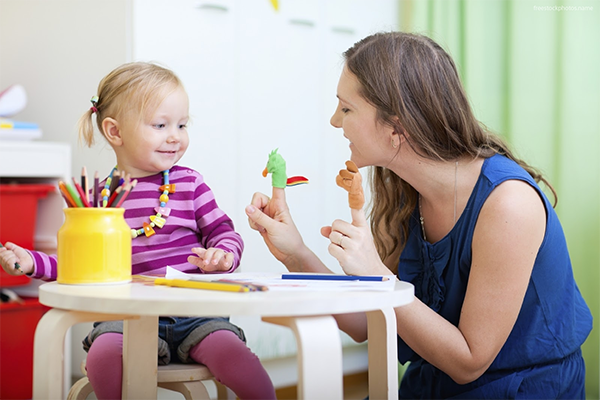One of the obstacles I face as a special education teacher is that so much of my work is focused on deficits. I am continually required to report on the milestones my students have not met. After assessing a student, I am required by law to report quarterly progress on IEP goals to help bring that student up to grade level.
 All of these mandates are essential to helping my students to progress, but they also serve to overlook my students’ strengths. There is little space on an IEP to focus on what my student is quite skilled at, or to detail a plan for encouraging those skills. The long-term implications of failing to nurture a student’s strengths range from increasing boredom and frustration in school to failing to prepare students for engaging careers.
All of these mandates are essential to helping my students to progress, but they also serve to overlook my students’ strengths. There is little space on an IEP to focus on what my student is quite skilled at, or to detail a plan for encouraging those skills. The long-term implications of failing to nurture a student’s strengths range from increasing boredom and frustration in school to failing to prepare students for engaging careers.
Students in the general education population typically have many opportunities for nurturing strengths because they frequently have more free time since their days are not packed with various therapies, and they have access to extracurricular activities and courses that may not be available to students in special education. So how can we, as parents and teachers of students in special education, address this concern?
- Set aside part of each team meeting to discuss developing student strengths. Your team should be asking questions such as: What activities does the student naturally gravitate towards? What can we do to expand and encourage these activities? What extracurricular groups and classes might be available that are related to this activity? What social skills or academic skills are essential to encouraging this strength?
- Consider extracurricular activities. Is it viable for your family to add a music lesson to each week? Or to reduce therapy sessions by one hour each week to allow for practice with a track team? Can the school provide support for your learner to have access to the computer design class?
- Push for access. Most IEPs have social skills goals listed. Consider the context needed for your learner, and push for that to be written into the IEP. For example, let’s say your learner is highly motivated by digital cameras. Request that he/she be placed in a photography class with associated social skills goals, such as “The student will be able to accept feedback about a photo and demonstrate use of feedback in 4 out of 5 trials,” or “The student will be able to work in a group of 3–4 students to take photos related to a theme.” When considering what is an appropriate education for your learner, it is definitely appropriate to outline social skills related to student interests and strengths, especially as these may lead to employment later down the line.
- Find mentorship. Seek out high school or college students with common interests and strengths to offer tutoring/coaching in that area. Ask people you know if they have friends or family members working in the profession your learner is interested in, because they may be able to set up job-shadowing for you. Don’t rule out the potential of connecting with people via video chatting if you can’t find mentors in your area.
It is essential for the long-term interests of children in special education that we spend more time considering and encouraging their strengths.
WRITTEN BY SAM BLANCO, MSED, BCBA
Sam is an ABA provider for students ages 3-12 in NYC. Working in education for ten years with students with Autism Spectrum Disorders and other developmental delays, Sam has developed strategies for achieving a multitude of academic, behavior, and social goals. Sam is currently pursuing her PhD in Applied Behavior Analysis at Endicott College.
